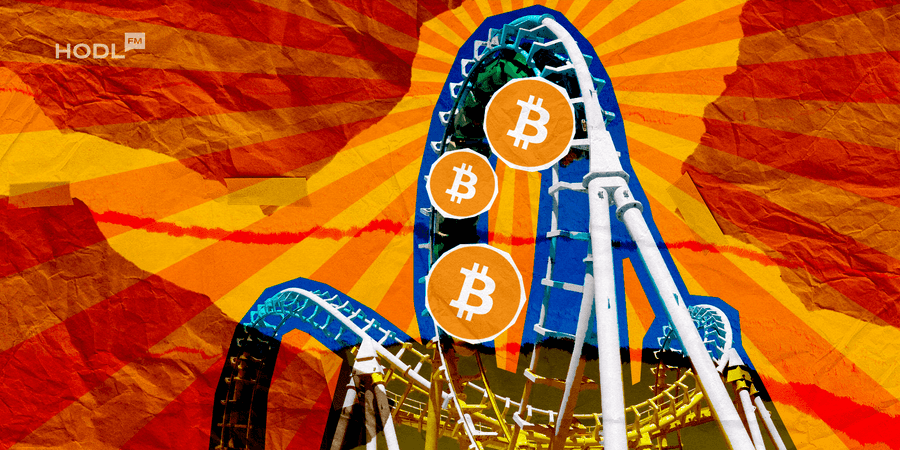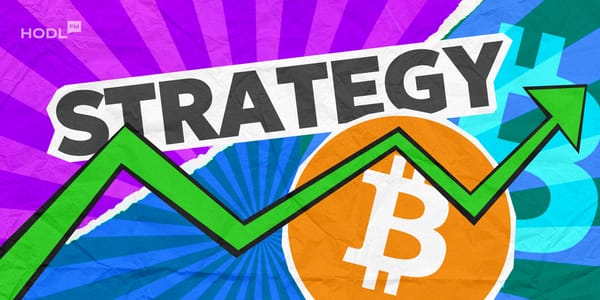Iran is offering citizens a cool $20 bounty to snitch on illegal crypto miners. As temperatures soar to a sweltering 49.7°C (121°F), the country's power grid is feeling the burn, and authorities are pointing fingers at unauthorized mining operations.
Key points in this developing story:
- Iran's state power company, Tavanir, is offering 1 million toman (about $20-24) for tips on illegal mining setups
- Over 230,000 unauthorized crypto mining devices have been discovered
- These rigs reportedly consume up to 900 megawatts of power
- Industrial production is facing disruptions due to frequent power outages
- Iran ranks 8th globally in Bitcoin mining, accounting for 3.1% of the global hash rate
As Iran grapples with a scorching heatwave, the country's electricity network is under immense pressure.
WORLD'S WORST HEAT WAVE getting worse !
— Extreme Temperatures Around The World (@extremetemps) August 14, 2024
Incredible heat at high elevations in IRAN *=all time
49.7 Tabas 711m * Tmin 34.7
45.6 Nehbandan 1188m *
44.2 Ferdous 1293m
43.2 Zahedan 1370m
SAUDI ARABIA HOTTEST AUGUST NIGHT IN HISTORY
Tmin 36.8 Madinah 700m asl
Basrah Iraq tmin 36.5 pic.twitter.com/aZNjspLvJm
Tavanir's CEO, Mostafa Rajabi Mashhadi, isn't mincing words:
Opportunistic individuals have been exploiting subsidized electricity and public networks to mine cryptocurrencies without proper authorization.
But why is Iran so hot and bothered about crypto mining? Mashhadi claims the electricity consumption of unauthorized miners is equivalent to that of a 1,300-megawatt power plant. To put that in perspective, that's enough juice to power a small city or run about 650 million LED light bulbs simultaneously.
The situation in Iran isn't unique. Countries worldwide are grappling with the energy-intensive nature of crypto mining. In May, Paraguay shut down several illegal bitcoin mines that were siphoning off enough electricity to light up an entire city.
JUST IN: 🇵🇾 In Paraguay police have raided and seized #Bitcoin mining machines. Over the course of a couple days, in two different operations, officials there shut down and seized nearly 600 mining machines. The seizures appear to be part of new government laws passed to punish… pic.twitter.com/VORxHxwNxx
— DΛVID 🟢 (@DavidShares) May 27, 2024
Meanwhile, Malaysia pointed the finger at crypto miners for an eye-watering $722 million worth of electricity theft between 2018 and 2023. It seems the global game of whack-a-miner is in full swing.
Iran's relationship with crypto has been more on-again-off-again than a reality TV romance. In 2021, the country banned crypto mining due to power shortages and blackouts. But they lifted the ban after the US slapped them with sanctions. Now, with temperatures rising and power supplies dwindling, Iran's playing hard to get with miners once again.
The bounty system is an interesting twist. For the price of a decent meal, Iranians can turn in their crypto-mining neighbors. This approach might seem a bit extreme, but when you're dealing with power outages in 121°F heat, desperate times call for desperate measures.
Let's move to Iran 🥳
— Crypto Ali (@The_Real_Mutant) August 20, 2023
Bitcoin miners heaven ❤️✨ pic.twitter.com/GLdvT2MWpa
This didn't age well...
Iran's energy sector is heavily subsidized, with estimates ranging from $30 billion to $137 billion in subsidies over the past decade. That's a lot of cheap electricity, making Iran a veritable paradise for energy-hungry mining operations. It's no wonder the country ranks 8th globally in Bitcoin mining, rubbing shoulders with the likes of Germany and Malaysia.
Related: Crypto Mining: An Informative Journey into the (Virtual) Crypto Mines
The $20 bounty might seem small, but in a country where the minimum monthly wage hovers around $230, it's not exactly chump change. It's enough to make people think twice about that mysterious humming sound coming from their neighbor's basement.
Meanwhile, as Iran plays cat and mouse with miners, the global crypto mining scene is facing its own challenges. Daily Bitcoin mining revenue has taken a nosedive, plummeting from a 2024 high of $107.8 million on April 20 to a mere $28.7 million. It seems the crypto gold rush isn't quite as golden as it used to be.

Disclaimer: All materials on this site are for informational purposes only. None of the material should be interpreted as investment advice. Please note that despite the nature of much of the material created and hosted on this website, HODL FM is not a financial reference resource and the opinions of authors and other contributors are their own and should not be taken as financial advice. If you require advice of this sort, HODL FM strongly recommends contacting a qualified industry professional.





